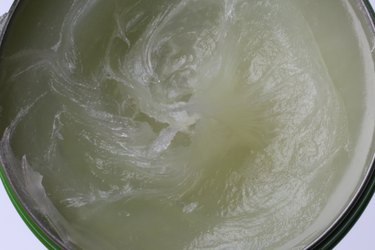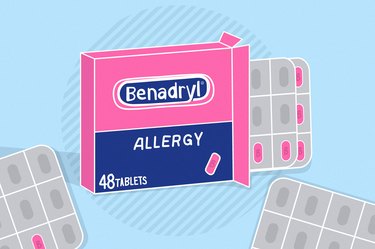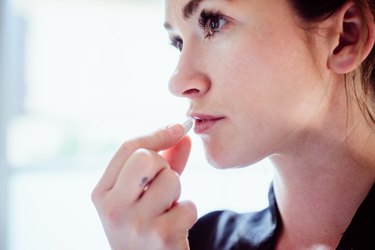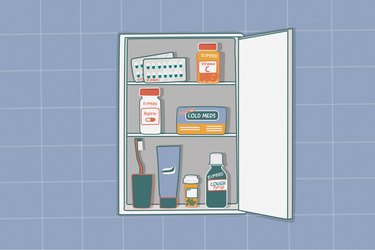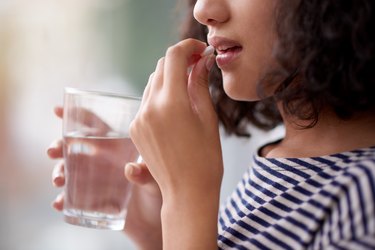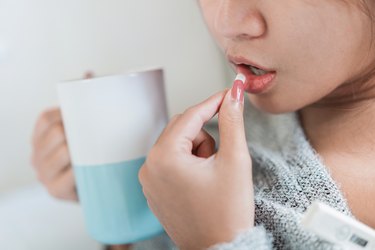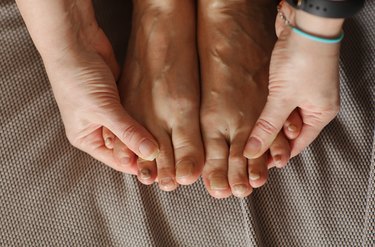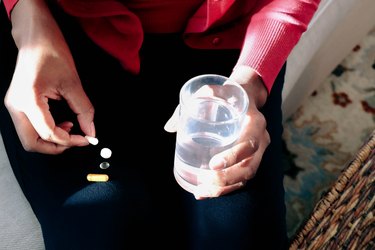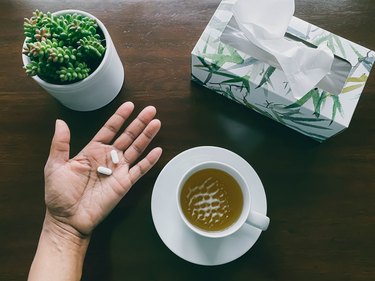At our drugs and medications page, we understand that prescription and over-the-counter drugs can be complex and potentially risky if not used properly. We offer a wealth of resources to help you better understand various drugs and medications, including information on uses, side effects and interactions.
Our team of medical experts provides in-depth articles on specific drugs and medications, as well as general information on drug safety and how to use medications effectively. We also offer advice on how to read medication labels and avoid potential drug interactions.
Whether you're dealing with a specific medical condition or simply want to learn more about prescription and over-the-counter drugs, our drugs and medications page has something for you. We offer practical tips for managing medication side effects, advice on when to seek medical attention and information on various medication management tools."
